15 Reasons Your Dog Might Be Refusing Food

Whether you’ve had dogs for ages or just adopted your first puppy, it can be super worrying when your dog won’t eat. There are a bunch of reasons why dogs might lose their appetite. Figuring out what’s going on is crucial for coming up with the best treatment plan. Here are 15 reasons your dog might be skipping meals.
Health Issues

If your dog’s not eating and also showing other signs like vomiting, diarrhea, being super lethargic, bloody stools, chugging water like there’s no tomorrow, or drooling a lot, it usually means there’s a bigger health problem going on. There’s a good chance your pup has eaten something toxic or is dealing with something serious.
Tooth Trouble
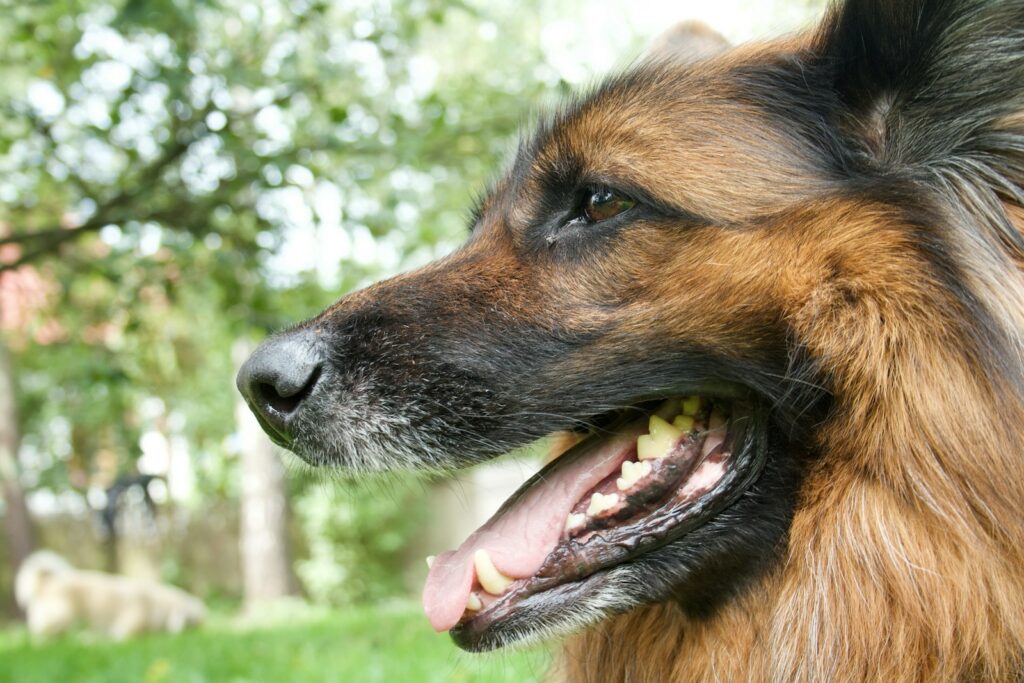
Dental issues can lead to a ton of pain and discomfort for our furry friends, making them reluctant to eat. Loose or broken teeth, bleeding or swollen gums, and periodontal disease are just a few dental problems that can cause a drop in your pet’s appetite. Most of these issues often fly under the radar since dogs are good at hiding their pain.
Picky Eating Habits
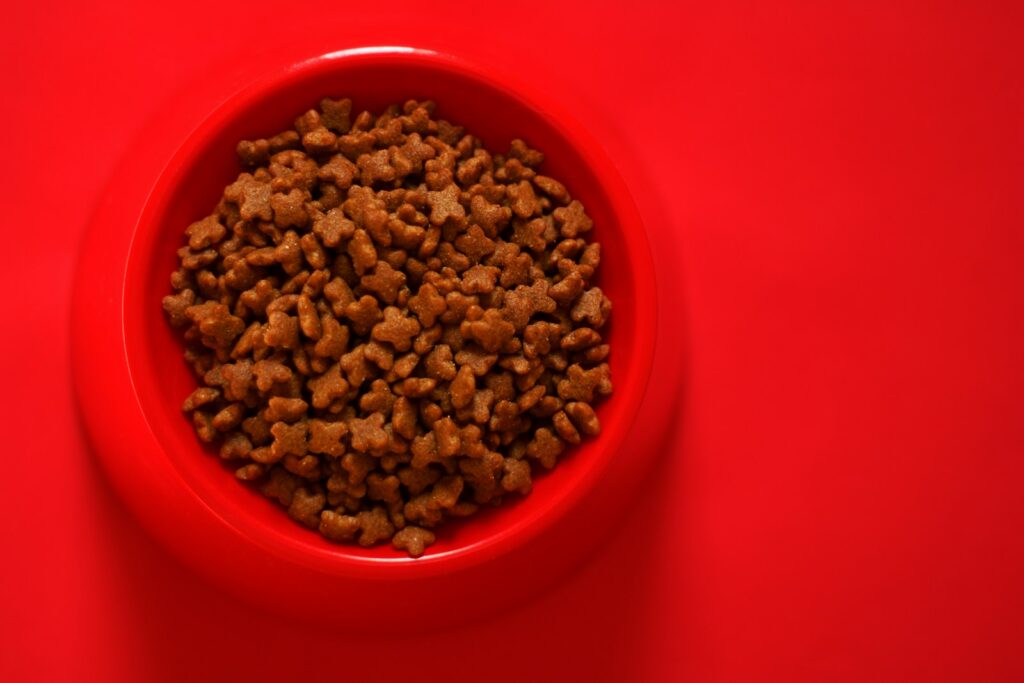
Some dogs not only have their favorite food flavors but also like to chow down at certain times. For instance, if your pup loves fresh dog food and you suddenly start giving them canned or raw food, they might be picky about eating it. Likewise, if they’re used to getting their meals twice a day in a quiet space and then you switch it up to serve them at midday, they will refuse it.
Side Effects from Shots or Meds
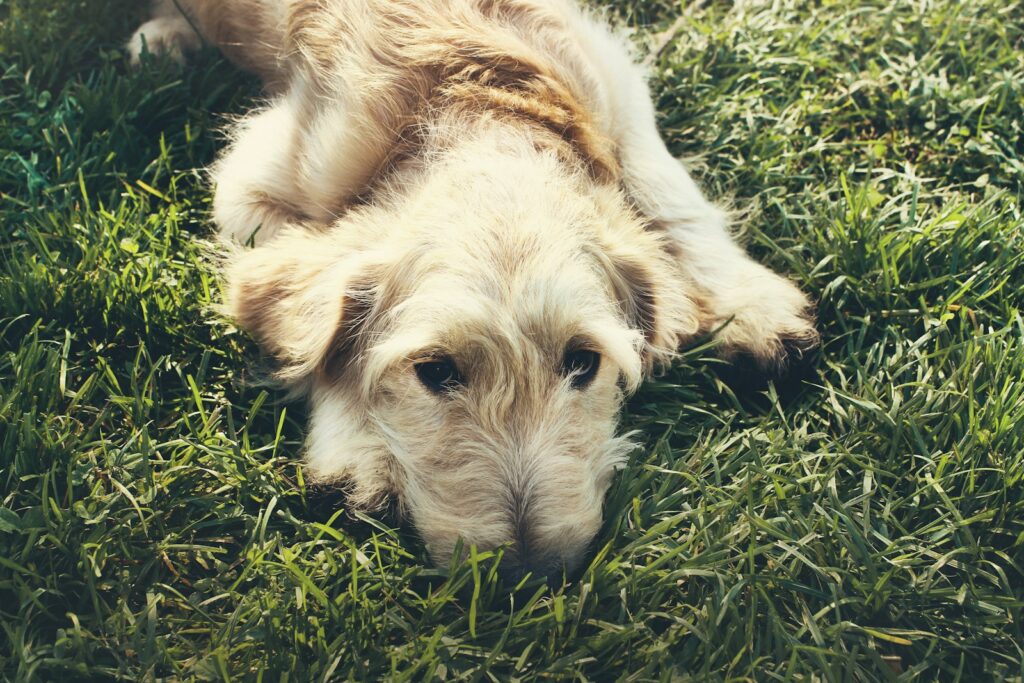
Canine vaccinations and meds are beneficial for keeping dogs safe from harmful diseases and handling various health problems. However, some vaccines and medications can cause annoying side effects like nausea, stomach aches, soreness, tiredness, and loss of appetite. Most of the time, these reactions are mild and go away within a day.
Eating Something Weird
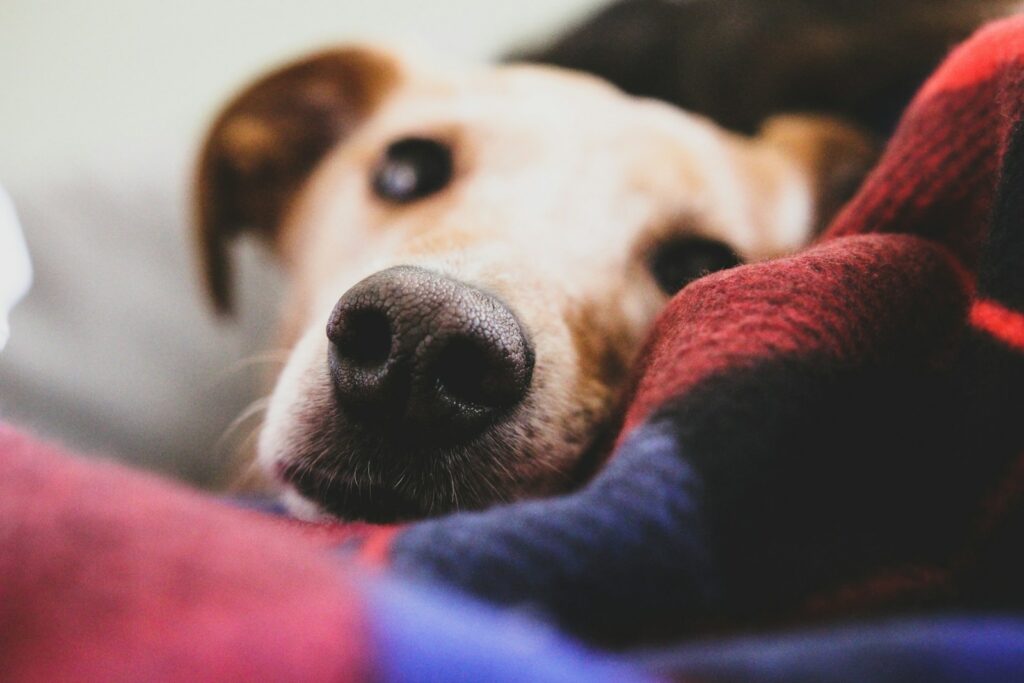
Dogs will pretty much eat anything they find, including stuff they shouldn’t. Those things can end up in their stomachs and intestines, causing all sorts of tummy troubles. When that happens, some dogs start munching on grass to help soothe their discomfort, while others might try to get rid of whatever they ate by vomiting.
Just Bored with Their Food
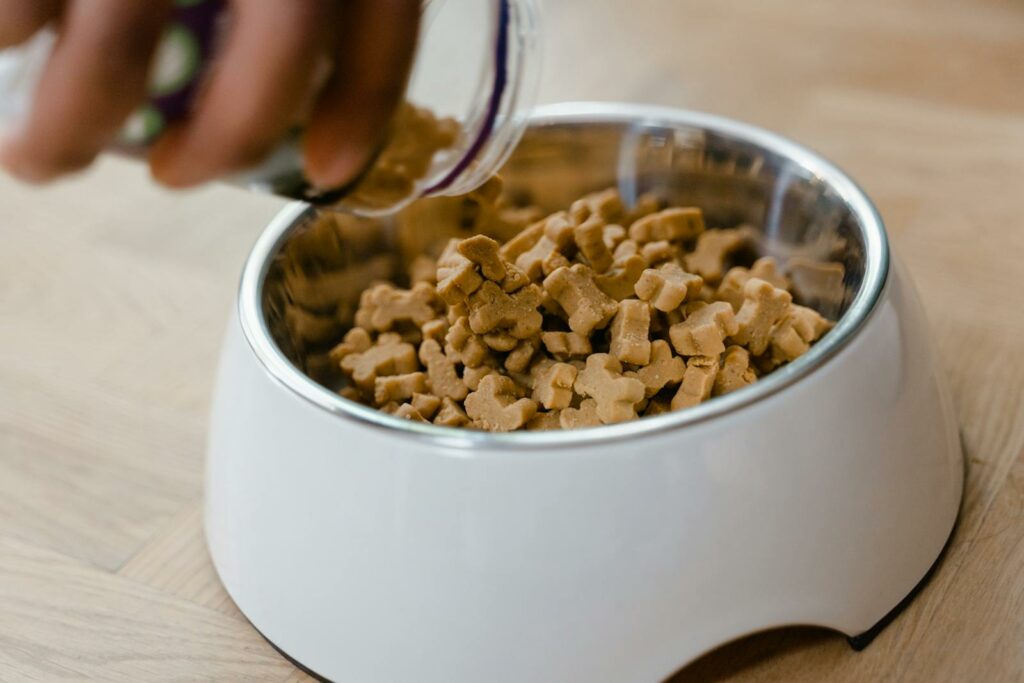
Your pup might also be snubbing their food because they’re just bored. Eating the same thing every single day can get pretty dull for some dogs. So, if you’ve been giving them the same brand for years, there’s a good chance they’re tired of the same taste and flavor. Maybe switch it up and try something new and yummy.
Old or Bad Food

Old or spoiled food can definitely mess with your pet’s appetite. Dogs have a knack for sensing when their food isn’t right, and once they do, they’ll steer clear of it. It could be that their favorite kibble has expired and gone moldy without you realizing, or maybe you served them some homemade meal that’s gone bad or wasn’t cooked right. Just toss out the bad food and give them something fresh and tasty.
Too Many Treats
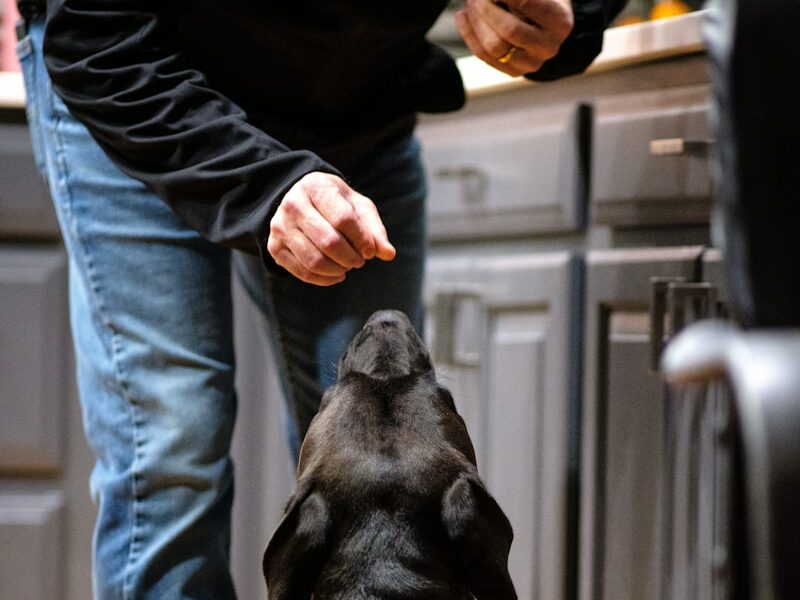
Throwing some tasty human food into your dog’s meals is one of the easiest ways to get them excited about eating again. But you should only give them human food every now and then. If it becomes a daily thing, your pup might get so used to it that they’ll lose interest in their own food. Plus, over time, they might start refusing to eat just to get you to serve them some yummy chicken!
Stressed Out in New Places

Another reason dogs may refuse to eat is being in unfamiliar places. It can make them feel nervous and uneasy, which can totally kill their appetite. Likewise, car rides can bring out excitement in some dogs and stress in others. The good news is that any loss of appetite from these two situations usually goes away as soon as the trip is over and your furry buddy is back home.
Big Changes in Their Life

Sudden changes around the house can also stress out sensitive dogs, leading to either overeating or a total hunger strike. These changes might not seem like a big deal to us, but they can be really tough on your pup. Don’t scold them for acting out. Instead, take them to the vet to rule out any health issues and give them the love and attention they really need.
Overstuffed from Treats
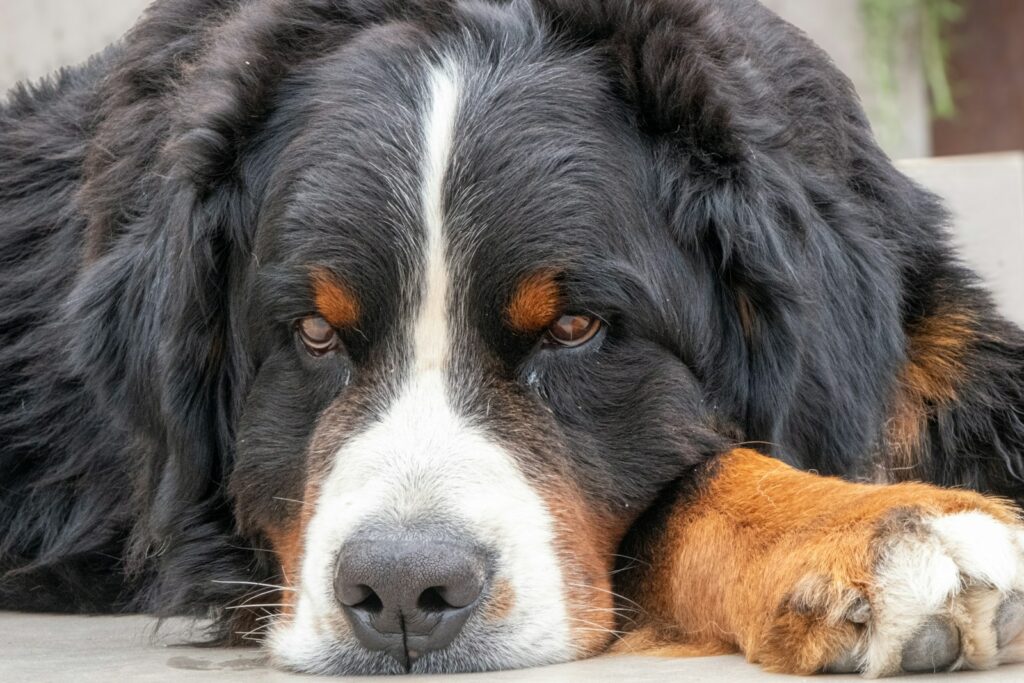
Your dog might be skipping their meals simply because they’re not hungry. They could have gobbled up too many treats and now have no room left for their regular food. Make sure your dog’s treats make up no more than 10% of their daily calorie intake. Also, try to give treats in small amounts throughout the day to avoid messing with their appetite.
Feeling Pain

A lack of appetite can be another sign that your dog is in pain somewhere in their body. Many illnesses or injuries can lead to pain. For example, a dog may have discomfort from an infection. Even back pain or arthritis can make it tough for them to reach their food dish. Pain can also come from stomach issues caused by a virus or eating too many table scraps.
Awkward Bowl Height or Size
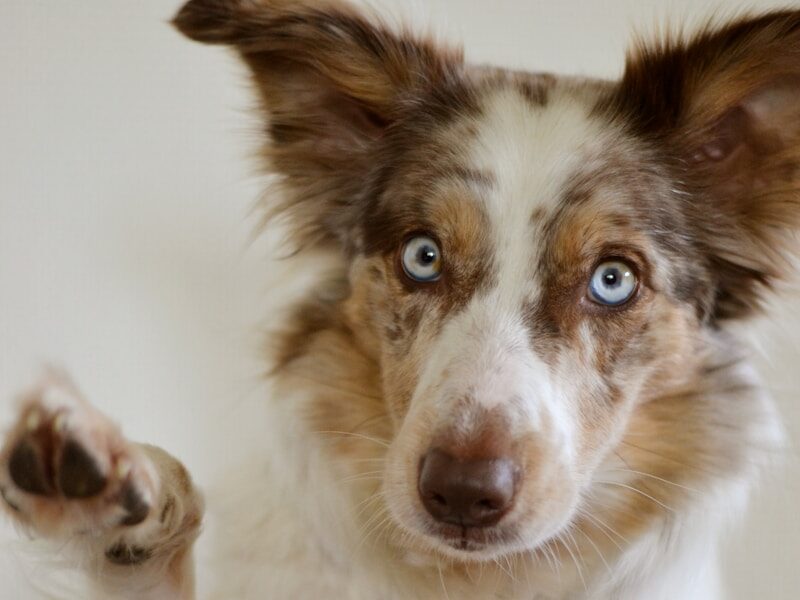
Some dogs can have issues with the type or height of their food bowls. While some pups prefer plastic ones, others might be into glass or metal. It’s super important to set up your dog’s food dishes to suit their needs. For example, an older dog with arthritis might be more comfortable eating from bowls on a raised platform.
Feeling Stressed or Down

Just like us, dogs also go through stress and depression. They show many of the same signs of depression that we do, including a loss of appetite. Stress or depression can be triggered by major changes in your pup’s life, like moving to a new home, losing a beloved human or canine friend, or bringing a new baby or pet into the house.
Getting Older
Your dog’s age could also be why they’re avoiding the food they’ve loved having for years. Getting older comes with a bunch of downsides for dogs. For example, their teeth can become more sensitive, making eating certain foods very painful. Some senior pups may also find their favorite tastes and smells less appealing due to changes in their senses.





